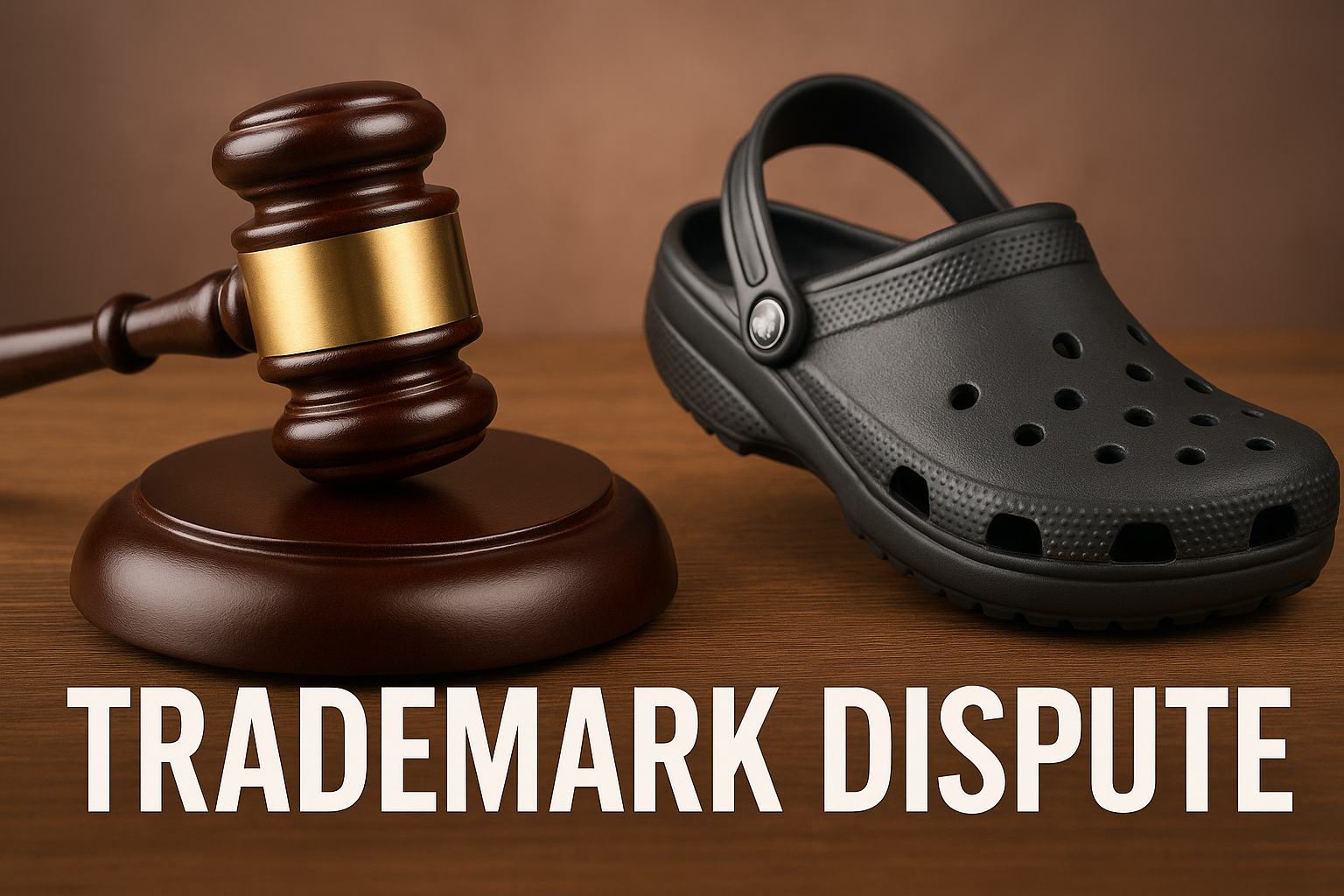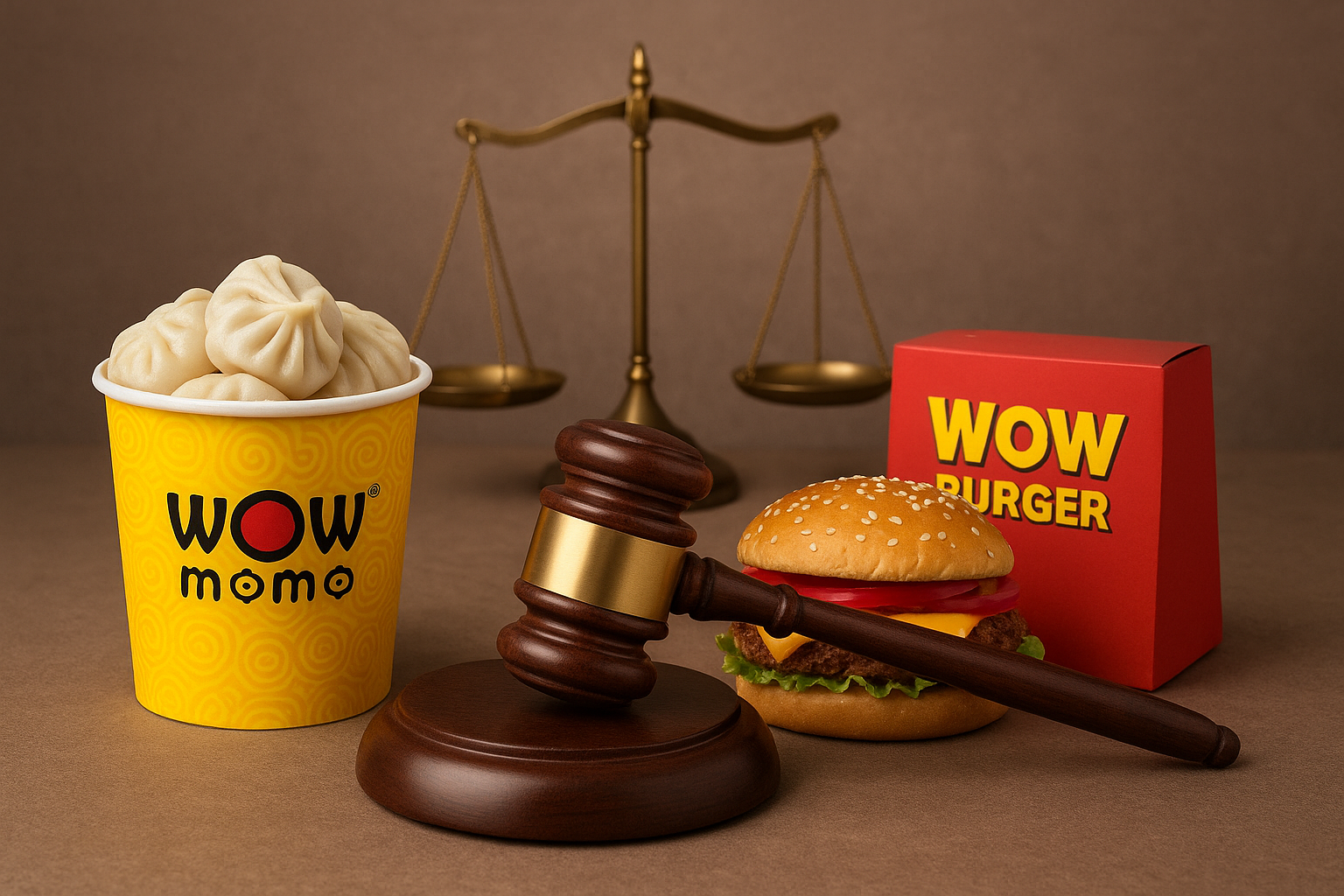Court Finds “Croose” Deceptively Similar to “CROCS”
The Delhi High Court has cancelled the trademark registration of “Croose” after ruling that the mark was deceptively similar to “CROCS”, the globally recognized footwear brand. The decision comes as a significant relief for Crocs, Inc., which has been battling misuse of its brand identity in India.
The Case
Crocs, Inc. filed a rectification petition under Sections 47 and 57 of the Trade Marks Act, 1999. The company argued that the “Croose” mark (Registration No. 3409214 in Class 25 for footwear) created confusion in the minds of consumers.
The petitioner claimed that the impugned mark was phonetically, visually, and structurally similar to “CROCS.” It further alleged that the respondent adopted the mark dishonestly to ride on Crocs’ goodwill in the Indian footwear market.
Court’s Findings
Justice Prathiba M. Singh of the Delhi High Court agreed with Crocs’ submissions.
- The court noted that both marks were used for identical goods — footwear.
- The similarity in sound and appearance between “Croose” and “Crocs” was held sufficient to create a likelihood of consumer confusion.
- The adoption of the mark was deemed dishonest, with an intent to exploit Crocs’ established reputation.
Based on these observations, the court directed the Registrar of Trademarks to remove “Croose” from the register.
Why This Matters
Protection for Global Brands
The ruling reaffirms Indian courts’ strong stance on protecting well-known trademarks. Companies with established reputations can expect judicial support against infringing or deceptively similar marks.
Consumer Interest
The decision also safeguards consumers, ensuring they are not misled by products marketed under confusingly similar names.
Market Implications
By cancelling the “Croose” registration, the court has sent a clear signal to businesses that piggybacking on popular brands will not be tolerated.
Broader Context
Crocs has been expanding aggressively in India and has previously taken action against infringers and copycat products. This judgment strengthens its legal position in future disputes.
Trademark experts note that such rulings will deter small and mid-level players from choosing names that mimic established global brands. It also contributes to a healthier competitive environment in India’s fast-growing footwear market.
Conclusion
The Delhi High Court’s decision to cancel the “Croose” trademark marks a decisive victory for Crocs. By protecting a well-known brand and curbing dishonest adoption of similar marks, the court has reinforced the principle that trademark law is both a shield for businesses and a safeguard for consumers.


